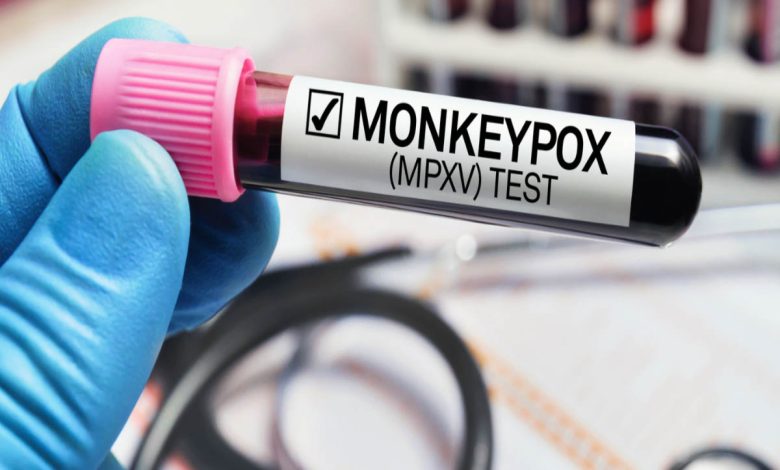India Alert: A young male patient identified who returned from a monkeypox outbreak country

India: According to the Union Health Ministry, a young male patient who recently returned from a country with an ampox (monkeypox) outbreak has been identified as a suspected case. The patient is currently in isolation at a designated hospital and his condition is stated to be stable, reports Hindustan Times. ampox is a viral disease, which can range from mild to severe and can be life-threatening in some cases. The Health Ministry has confirmed that the patient’s samples are being tested to determine if he has contracted the virus.
In a statement, the ministry assured that the situation is under control, stressing that the case is in line with the risk assessment done earlier by the National Centre for Disease Control (NCDC). “There is no cause for unnecessary concern,” the ministry said. “The country is fully prepared to handle such isolated travel-related cases and robust measures have been put in place to manage and mitigate potential risks,” reports Hindustan Times. The suspected case in India comes nearly three weeks after the World Health Organisation (WHO) declared the ampox outbreak in 12 African countries a global emergency. In response, the Africa Centres for Disease Control and Prevention (Africa CDC) and WHO have launched a comprehensive continent-wide plan. This six-month initiative, costing about $600 million, aims to enhance surveillance, laboratory testing and community engagement to combat the outbreak.
As part of the response, Congo has received the first batch of 100,000 JYNNEOS vaccine doses donated by the European Union through HERA, the EU’s health emergency agency. While this is a crucial step in protecting health workers and vulnerable populations, according to media reports, the doses received are only a small part of the 3 million vaccines needed to address the outbreak in Congo, which is the epicentre of the crisis. Dr Jean Kaseya, director-general of the Africa CDC, confirmed that the vaccine rollout will initially focus on adults living in close contact with infected individuals and sex workers. The start date of the vaccination campaign is still uncertain, and the European Medicines Agency is evaluating the possibility of vaccinating children aged 12 to 17, with a decision expected by the end of this month.





